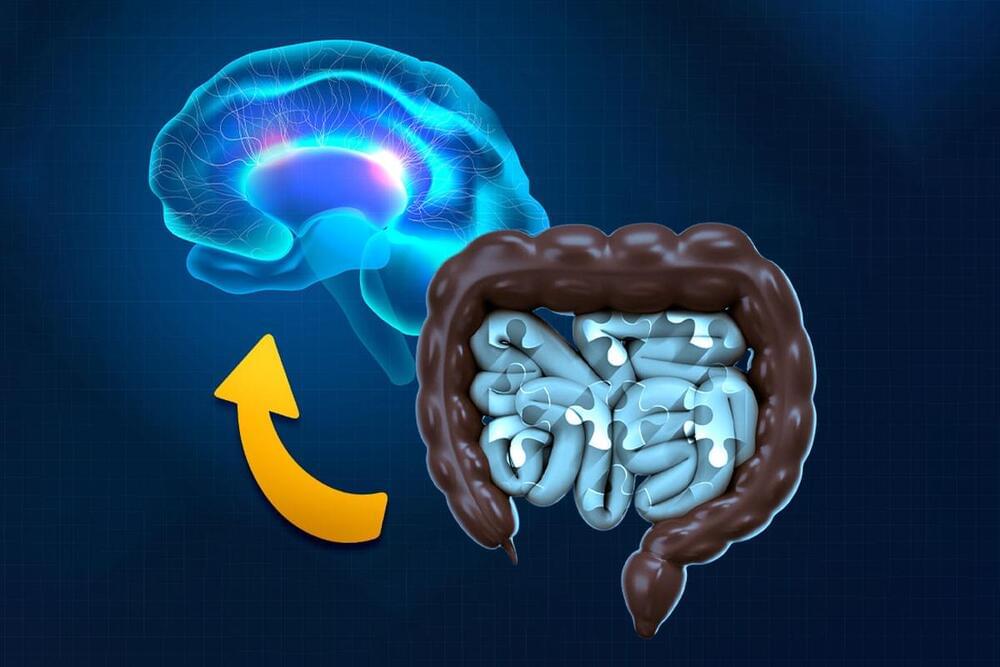A new study conducted by researchers at Washington University School of Medicine in St Louis has explored the composition of gut bacteria in individuals in the earliest stage of Alzheimer’s disease. The research, which is published in Science Translational Medicine, not only identifies potential indicators of heightened dementia risk, but also offers prospects for developing microbiome-altering preventive treatments to combat cognitive decline.
Longevity. Technology: Previously, science has noted differences in the gut microbiomes of individuals with symptomatic Alzheimer’s compared with their healthy counterparts. However, the current study delves deeper, focusing on the gut microbiomes of individuals in the crucial pre-symptomatic phase. During this phase, individuals accumulate amyloid beta and tau proteins in their brains without exhibiting neurodegeneration or cognitive decline, which can persist for over two decades. Earlier diagnosis would enable people to access support and resources, plan for the future and well as onboarding treatments that could slow the progression of the disease. An idea of future numbers of patients would also allow health care infrastructure to be better prepared.
The researchers evaluated participants who volunteered at the Charles F and Joanne Knight Alzheimer Disease Research Center at Washington University, specifically selecting cognitively normal individuals. These participants provided samples of stool, blood, and cerebrospinal fluid, recorded their dietary habits, and underwent PET and MRI brain scans.
